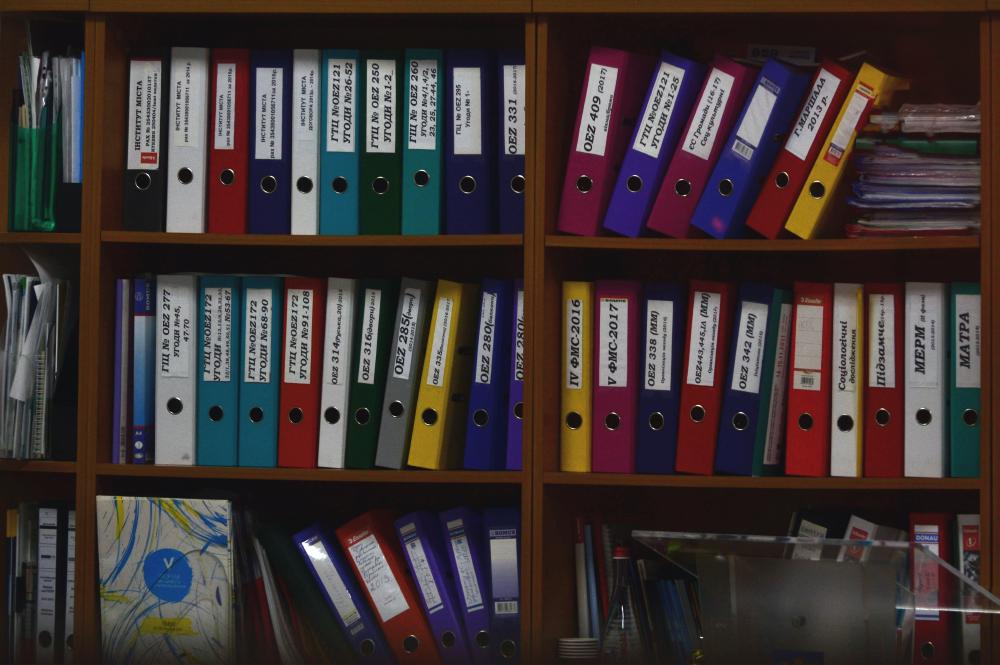Memory, Document, Archive

November 26, 2021
The role of memory is central to the humanities. Being able to recall the past and weigh decisions in the present is fundamental to human consciousness. This is why memory–especially public memory–is central to our social worlds.
The document, as a historical genre and media form, is deeply related to memory. All documents, at their root, externalize the past and present it as knowledge. Lisa Gitleman calls this the “know-show” function.
Because of this, documents are:
- Social and publicly oriented.
- Used to create and share the past.
- Rhetorical and motivated in the knowledge they share.
Michel-Rolph Trouillot, for example, argued that what is left out of archives can be as consequential as what is included in them. Similarly, Ann Laura Stoler discussed the role of archival documents during King Leopold’s genocide in the Congo. Memory and archives often serve the powerful.
This has shifted conversations in archival science. While archives and archivists have often been assumed to be impartial, recent scholarship has challenged that impartiality. Archivists today critically examine their roles in memory production, as well as their own responsibilities toward knowledge, history, and power. (Blouin 1999; Wallace 2011; Light and Hyry 2002).
By collecting and categorizing historical artifacts, archives deeply influence the historical record. But they exist in complicated institutional settings, and archivists can’t always have full control over how their archives present history. Researchers have to consider the archive less as a neutral place and more as a motivated and rhetorical construction.
References
Blouin, Francis X. 1999. “Archivists, Mediation, and Constructs of Social Memory.” Archival Issues 24 (2): 101–12.
Gitelman, Lisa. 2014. Paper Knowledge: Toward a Media History of Documents. Durham ; London: Duke University Press.
Light, Michelle, and Tom Hyry. 2002. “Colophons and Annotations: New Directions for the Finding Aid.” The American Archivist 65 (2): 216–30.
Stoler, Ann Laura. 2009. Along the Archival Grain: Epistemic Anxieties and Colonial Common Sense. Book, Whole. Princeton, New Jersey: Princeton University Press. https://go.exlibris.link/jdn062z8.
Trouillot, Michel-Rolph, and Hazel V. Carby. 2015. Silencing the Past: Power and the Production of History. Book, Whole. Boston, Massachusetts: Beacon Press. https://go.exlibris.link/C7ppvR7q.
Wallace, David A. 2011. “Introduction: Memory Ethics—or the Presence of the Past in the Present.” Archival Science 11 (1): 1–12. https://doi.org/10.1007/s10502-011-9140-7.